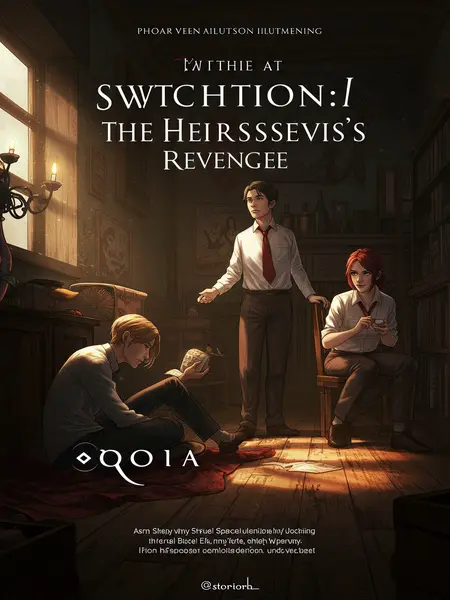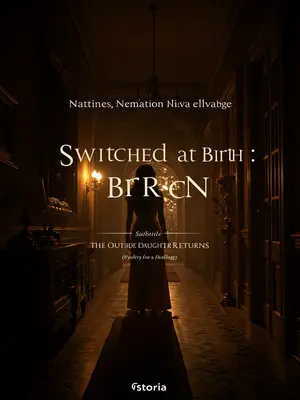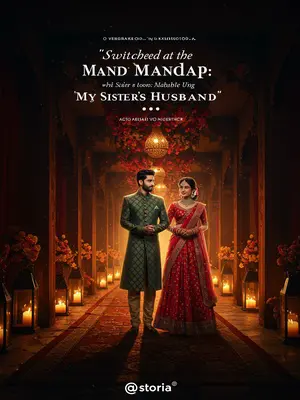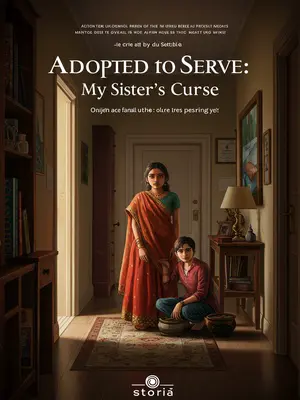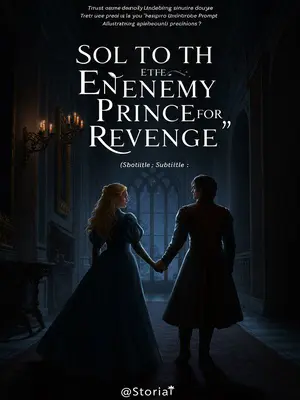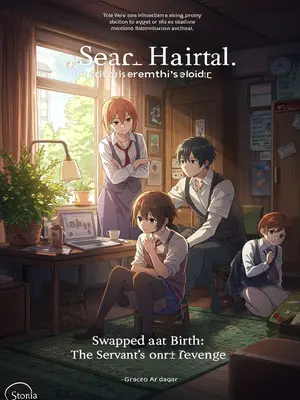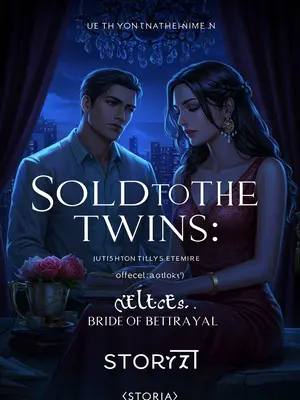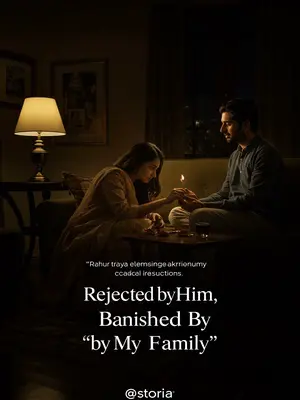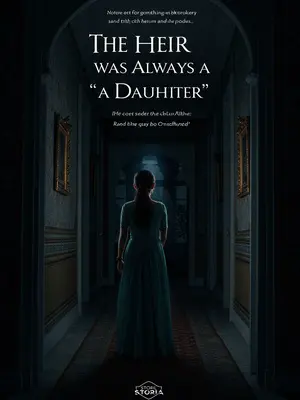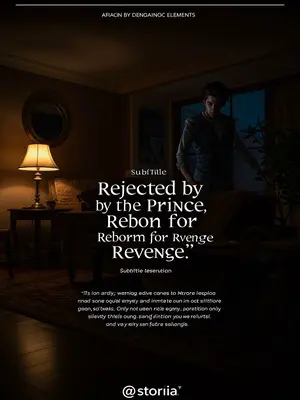Chapter 2: The Choice
My sister and I were both reborn, back to the day we were adopted from the orphanage.
The orphanage corridor was filled with the fragrance of agarbattis and the distant giggle of children. The air was thick with anticipation and a touch of dread, as if even the walls knew what was about to unfold again.
In the director's office stood two families: the Kapoor family and the Mehra family.
The director’s office was stuffy, fans whirring overhead, the afternoon sun slanting through grimy windows. The Kapoors occupied one side, the Mehras the other, like a scene from a family drama where fate lines up on either side of a chessboard.
All three members of the Kapoor family were impeccably dressed. The man wore a crisp suit and tie; the woman was adorned with gold bangles and a diamond necklace. Their only son, Arjun Kapoor, wore a school blazer, but on his feet was a pair of limited-edition Nike sneakers.
Even the way Mr. Kapoor adjusted his cufflinks radiated authority. Mrs. Kapoor’s faint perfume mingled with her bangles’ clinking. Arjun stood with his hands in his pockets, gaze cool, sneakers never touching the dusty floor.
This was the most prominent Kapoor family in Mumbai. Mr. Kapoor was a business tycoon whose companies paid the highest taxes in the city. Mrs. Kapoor was a socialite, often seen at jewellery exhibitions and charity galas, mingling with Bollywood celebrities.
The city’s news channels would flash their faces every Diwali fundraiser, and in colony whispers, Mrs. Kapoor’s sarees were as famous as her diamonds. People would say, ‘Kapoor ji, woh builder-wale, na?’
Their son, Arjun Kapoor, was known as the Prince of Mumbai.
School seniors watched him from afar, and juniors treated him like a celebrity, whispering stories about his imported cars and summer trips to London. In every annual day speech, he was the golden boy.
In contrast, the Mehra family beside them looked worn and tired. Both the man and woman had hands roughened by years of hard work. Their clothes were the best they owned, but sweat stains still lingered.
Aunty Mehra’s cotton saree was faded from too many washes. Uncle Mehra’s shirt—starched for the special day—couldn’t hide the mended pocket. Yet their faces were honest, lined with stories the city never noticed.
According to the director, the couple both worked at Mumbai Central School—the husband as a peon, the wife as a cleaner.
You could almost hear their world in the details—the tinkle of school bells, the thump of chalk on blackboards, the echo of footsteps in empty corridors after the children left.
In my previous life, my sister Neha chose the Kapoor family without a second thought.
She had flounced over, her smile fixed, eyes glinting with ambition, clutching the hem of Mrs. Kapoor’s saree as if her whole life depended on it.
But this time, as if afraid to miss her chance, she rushed into the cleaner's arms.
Her voice rang out, chin up, like she’d just won the school debate—‘Mummy, take me home. I want to be your daughter.’
She pressed her face into Aunty Mehra’s saree, as if seeking the warmth she had only ever dreamed about.
‘From now on, my name is Neha Mehra.’
Her voice rang out, proud, but her hands trembled, fingers curling into the pallu as if searching for an anchor. The director’s pen paused mid-air, surprised.
While my sister was excited, I walked over to the Kapoor family.
My footsteps were light but determined, sari pallu trailing behind me. Mrs. Kapoor looked at me, eyebrow arched, as if assessing a new piece of jewellery.
Just like that, the decision was made, and we left with our new families.
Aunty Mehra’s hands trembled as she pressed her thumbprint. Mrs. Kapoor adjusted her saree pallu, lips pursed, as if sealing a business deal. The director stamped the adoption papers, and I felt the air shift—history, already rewritten.
As we exited the orphanage, I overheard the director muttering in confusion:
‘Strange, Neha has always been the most competitive. Whenever an adopter wore simple clothes, she wouldn't even look at them. Now that a truly wealthy family has come, why didn't she choose them?’
The director couldn't understand it.
The old guard at the orphanage, who had seen hundreds of adoptions, scratched his head and whispered to the matron, ‘Beta, kal ka zamana hai, koi samajh hi nahi aata.’
But I did.
The chill in my bones, the memories behind my eyes—I knew exactly why. Life always circles back, doesn’t it?
